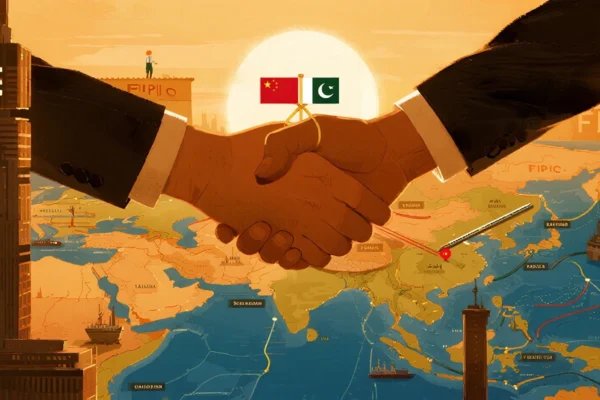
China and Pakistan’s Expanding Global Roles
China and Pakistan’s Expanding Global Roles Pakistan is the country that has regularly been regarded through the perspective of political…

China and Pakistan’s Expanding Global Roles Pakistan is the country that has regularly been regarded through the perspective of political…
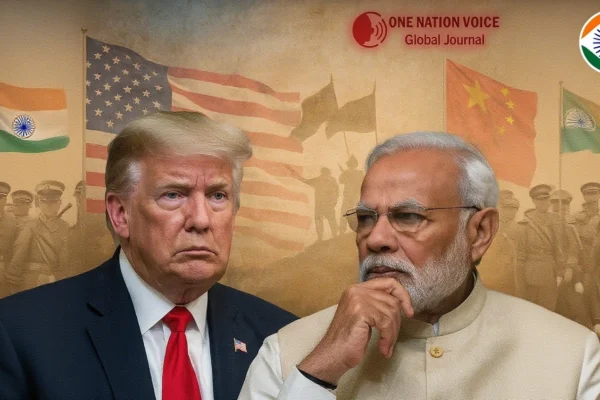
Trump-Munir Meeting Sends Strategic Ripples Across South Asia Not only has the latest Trump, General Asim Munir meeting, at the…

Fabricated lies by India on TRF Revealing How Diverting Tactics by the Practices of Misinformation Campaigns Again and Again Targeting…

Strategic Synergy India-Israel cooperation against Pakistan Two post World-War II born democracies India and Israel have established a robust and…

The Human Rights Crises in India Farmers Collapse and the Mistreatments of Modi Government By 2025, India is reckoned to…
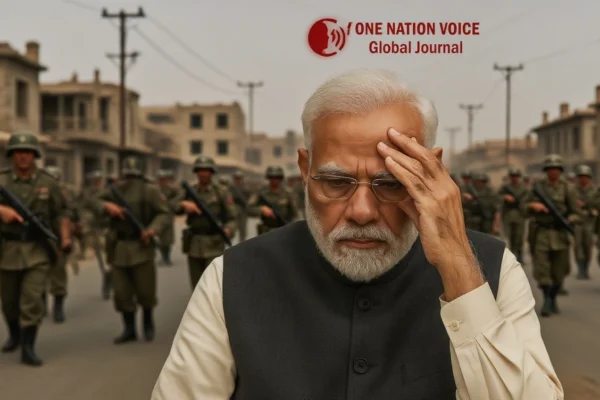
India Anchors Failures on Security and Governance An Issue to the Credibility of Modi Government The INDIA Alliance has expressed…
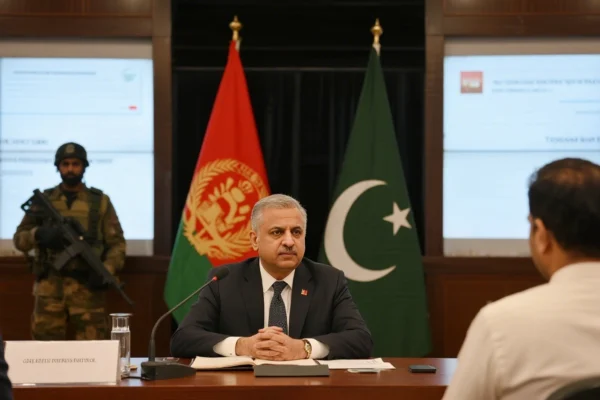
Pakistan and Afghan Anti-Terror Cooperation Considering security issues of border security During an important meeting of the Pakistan and Afghanistan…
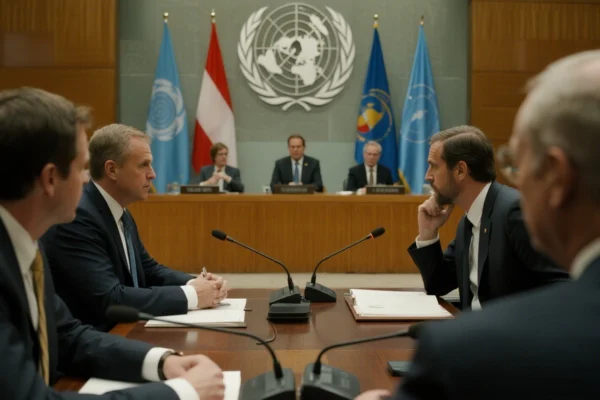
The United Nations Security Council (UNSC) has had a laudable mission since its inception in 1945 i.e. to keep the…

Reuters Compromises Journalistic Integrity by Echoing Indian Propaganda Reuters, one of the world’s most respected and well-known news organizations, is…
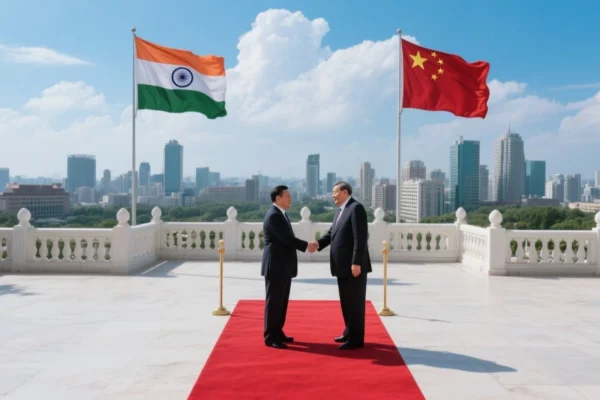
With the Minister of External Affairs (MEA) to India ready to visit Beijing to hold high-profiled diplomatic talks, again the…